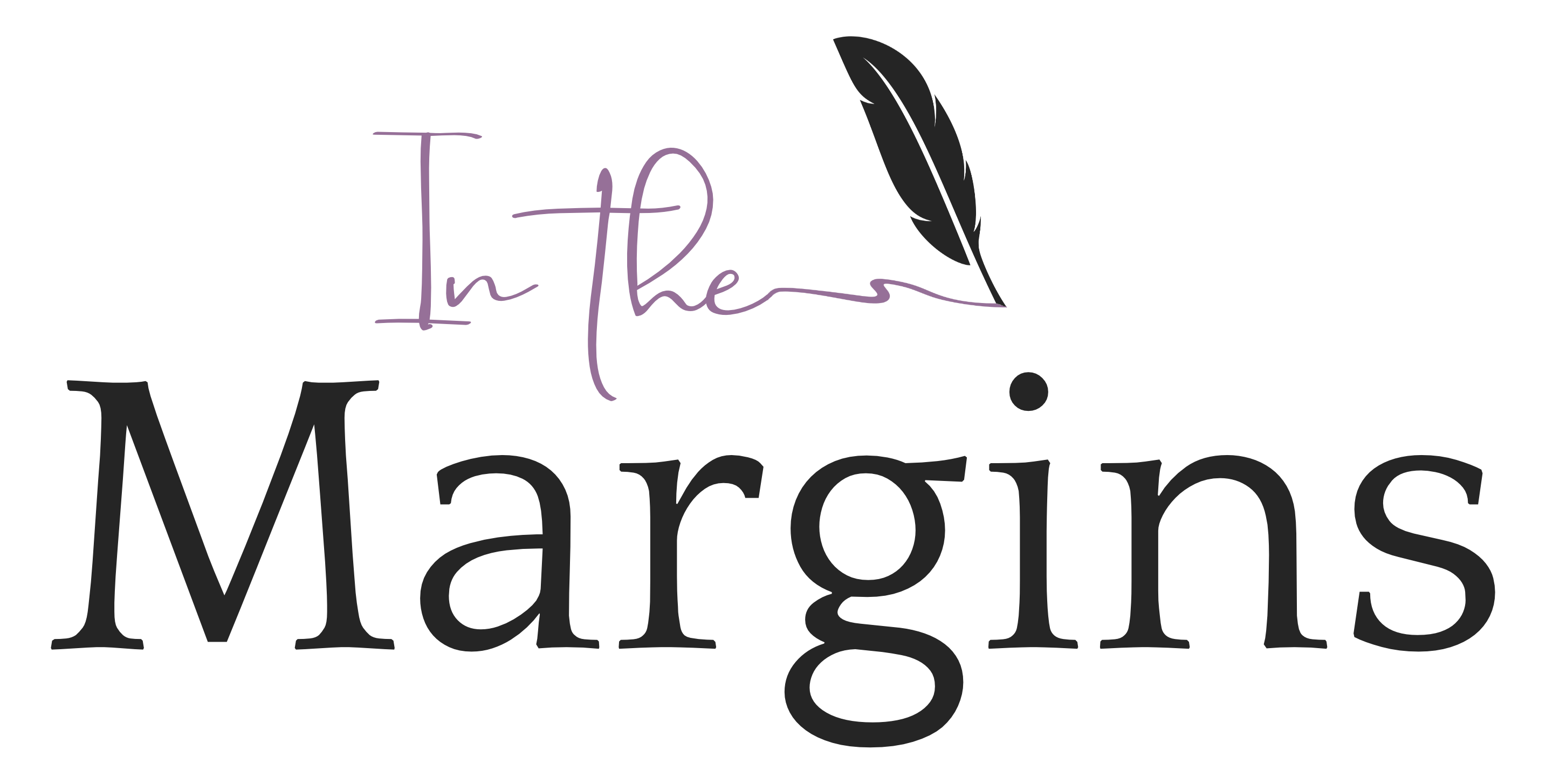
by Kayleigh | Feb 23, 2024 | Editing Tips, Writing Tips
Revising a first (or second or third) draft can feel overwhelming. Make it easier on yourself by working in pieces—or passes. Rather than trying to fix plot holes alongside misplaced commas, instead deal with the big problems first and work your way down to typos.... 
by Kayleigh | Feb 16, 2024 | Writing Tips
Repeating character names throughout a conversation can come across as stiff and ingenuous. (Or worse! It could invoke memories of that old, terrible flirting tip that using someone’s name over and over when talking to them lets them know you’re really... 
by Kayleigh | Jan 19, 2024 | Writing Tips
Mentor texts can be a great way to study rhythm and style within a beloved novel. (See my previous tip on using mentor texts.) They can also help writers who struggle with dialogue to learn the art of conversation within a story. Often a newer writer (or even an... 
by Kayleigh | Nov 17, 2023 | Writing Tips
Do you worry that your writing sounds robotic or monotonous? Sometimes when we’re learning to write or rushing to capture a scene on paper, we fall into repetitive structures that result in writing that is—sorry!—boring. While it’s true that some... 
by Kayleigh | Nov 10, 2023 | Editing Tips, Writing Tips
Murray’s quote is one that’s commonly referenced (sometimes stated as “writing is revising” or some other variation). However you’ve heard them said, these are three simple words of hard truth. While everyone has their own process, the... 
by Kayleigh | Nov 3, 2023 | Editing Tips, Writing Tips
When transitioning from your drafting phase to revision, it can be useful to approach your changes from the biggest level of edits (plot holes, character development, etc.) first and work your way down to the smallest edits, like grammar and punctuation. In other...






